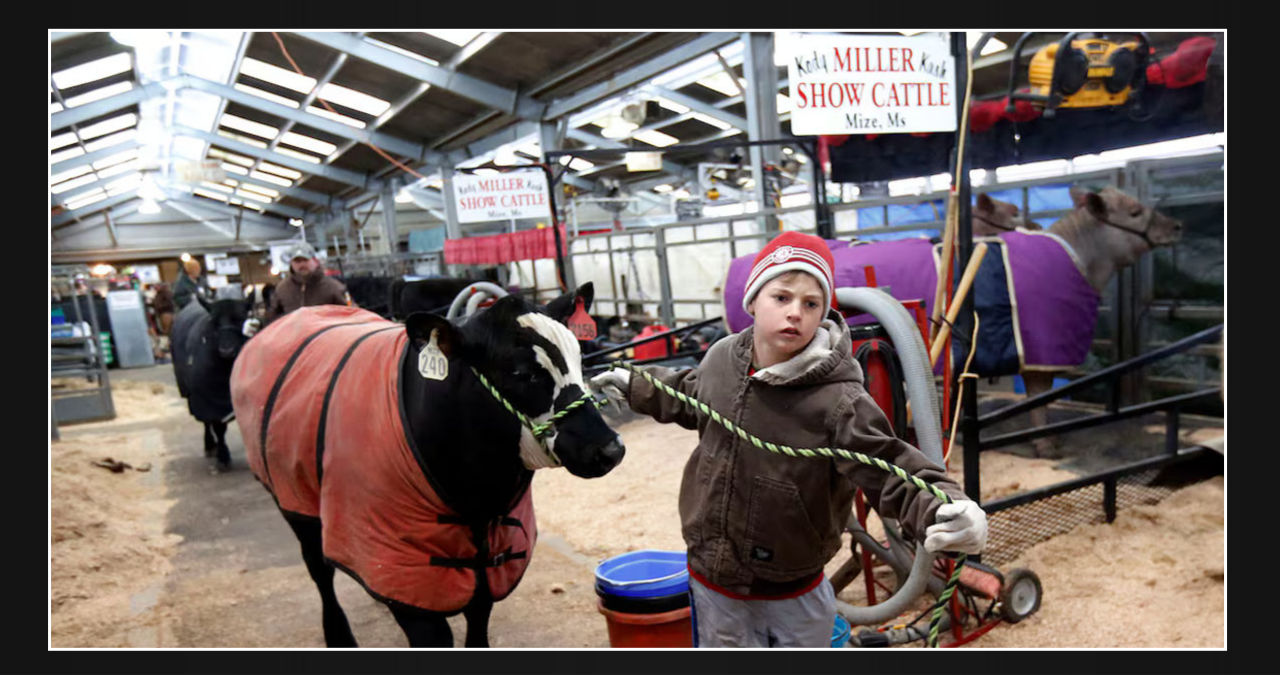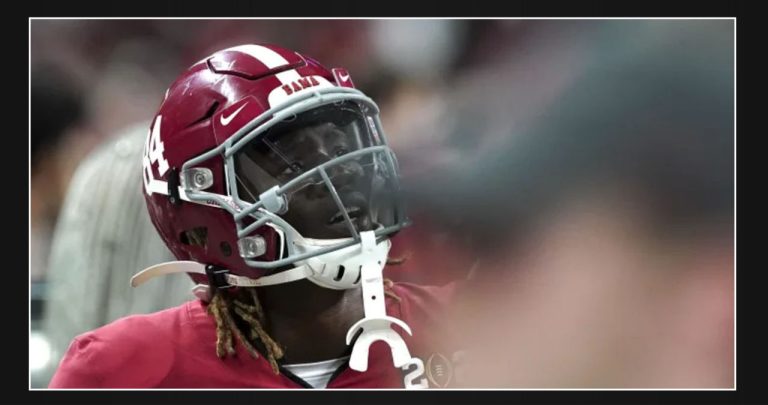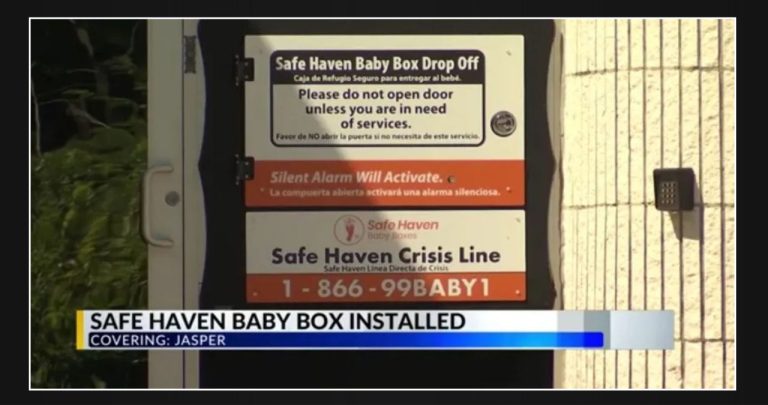On Monday, the Alabama Department of Agriculture and Industries (ADAI) issued biosecurity guidelines for livestock shows.
According to the ADAI, these measures have been implemented due to the discovery of Highly Pathogenic Avian Influenza (HPAI) in dairy cattle across 12 states.
Commissioner of Agriculture and Industries, Rick Pate, highlighted the significance of livestock shows at fairs throughout the state. It is imperative to prioritize the welfare of the livestock and their owners. In order to create an enjoyable experience for everyone involved, exhibitors must adhere to the recommended biosecurity measures.
The Alabama Department of Public Health and the Alabama National Fair joined forces with ADAI to implement biosecurity protocols that must be adhered to prior to, during, and after livestock events.
Biosecurity measures that will be enforced at livestock shows include:
-
- Sick animals will not be allowed on fairgrounds.
- Influenza-susceptible species must be separated.
- All lactating dairy cattle must have a negative HPAI test within ten days before arrival at the show.
- Dairy cattle from out-of-state must also have a Certificate of Veterinary Inspection.
Recommended biosecurity measures include:
Pre-Show Preparation:
-
- Animal health should be monitored. If an animal is sick, do not bring it to the show, ADAI said.
- Show equipment and hauling trailers should be cleaned and disinfected before leaving the farm.
While the show is ongoing:
-
- Animals should be monitored for heat stress and any signs of illness.
- No equipment or tools should be shared with other exhibitors.
- When animals are watered using a community hose, do not stick the hose in the bucket or allow the animal to drink directly from the hose.
Post-Show Events:
-
- When returning from a show, isolate show animals from other animals at the farm and watch for signs of illness. Do not allow nose-to-nose contact between these animals.
- Immediately consult a veterinarian if an animal becomes ill.
- Don’t share supplies such as buckets, feed pans, etc. between isolated animals and other animals on the farm.
- All equipment should be thoroughly cleaned, disinfected and allowed to properly dry after use in the isolation area.
- Clean and disinfect equipment, vehicles, trailers, clothing, shoes, show boxes and their contents used at the show.
Dr. Tony Frazier, the State Veterinarian, urges livestock owners in Alabama and its surrounding states to adhere closely to the guidelines, despite the absence of any detections of High Pathogenic Avian Influenza (HPAI) in dairy cattle. This is necessary to ensure the safety of both the livestock and their owners.



